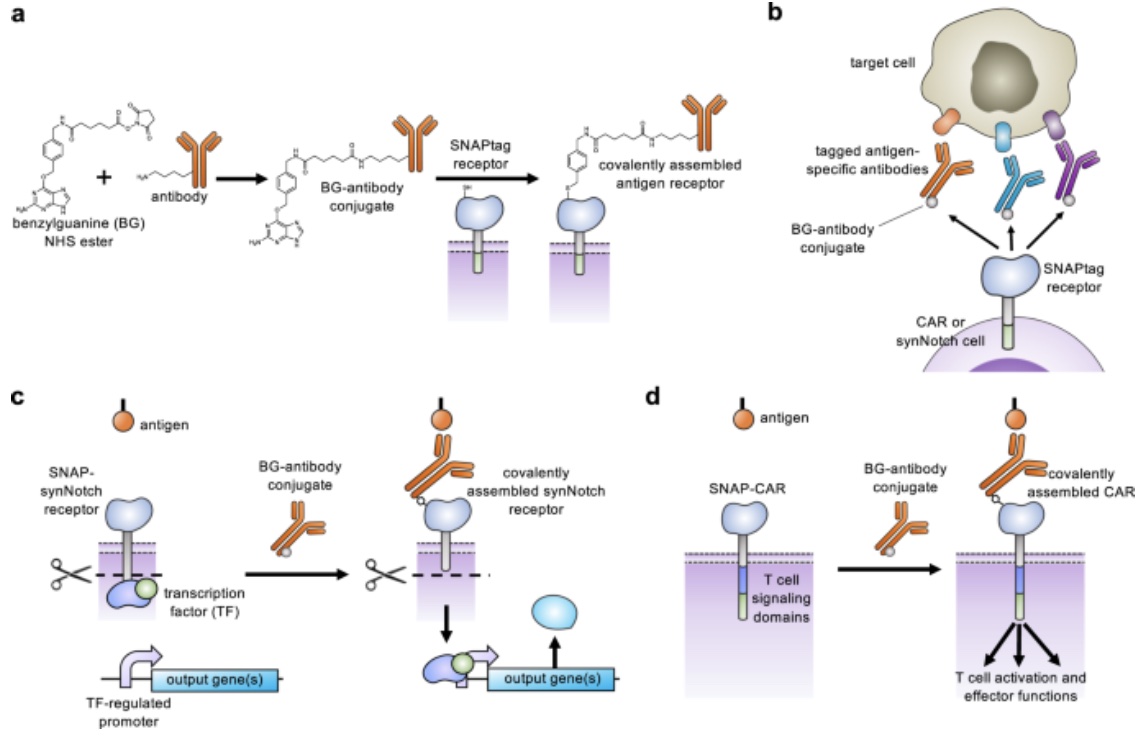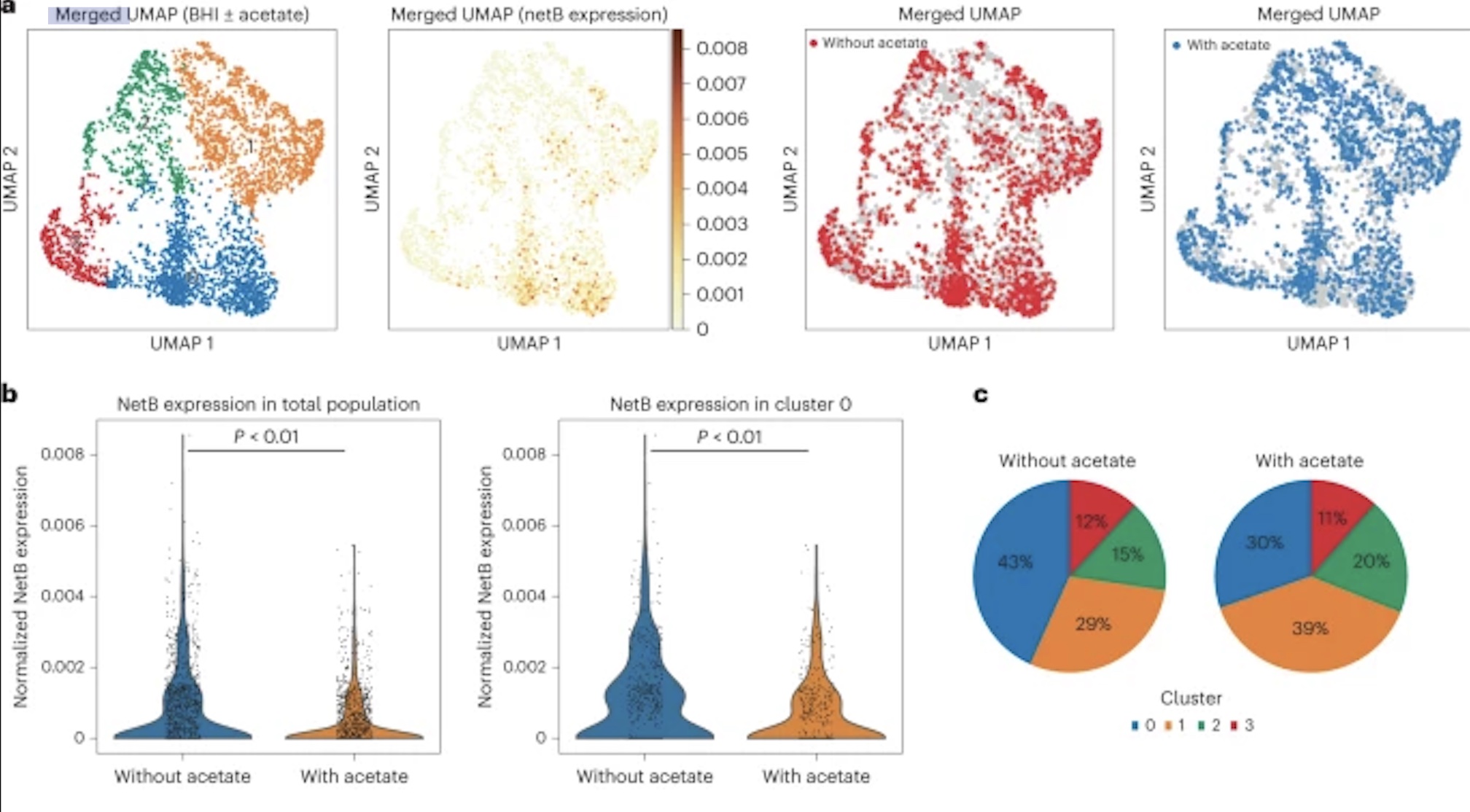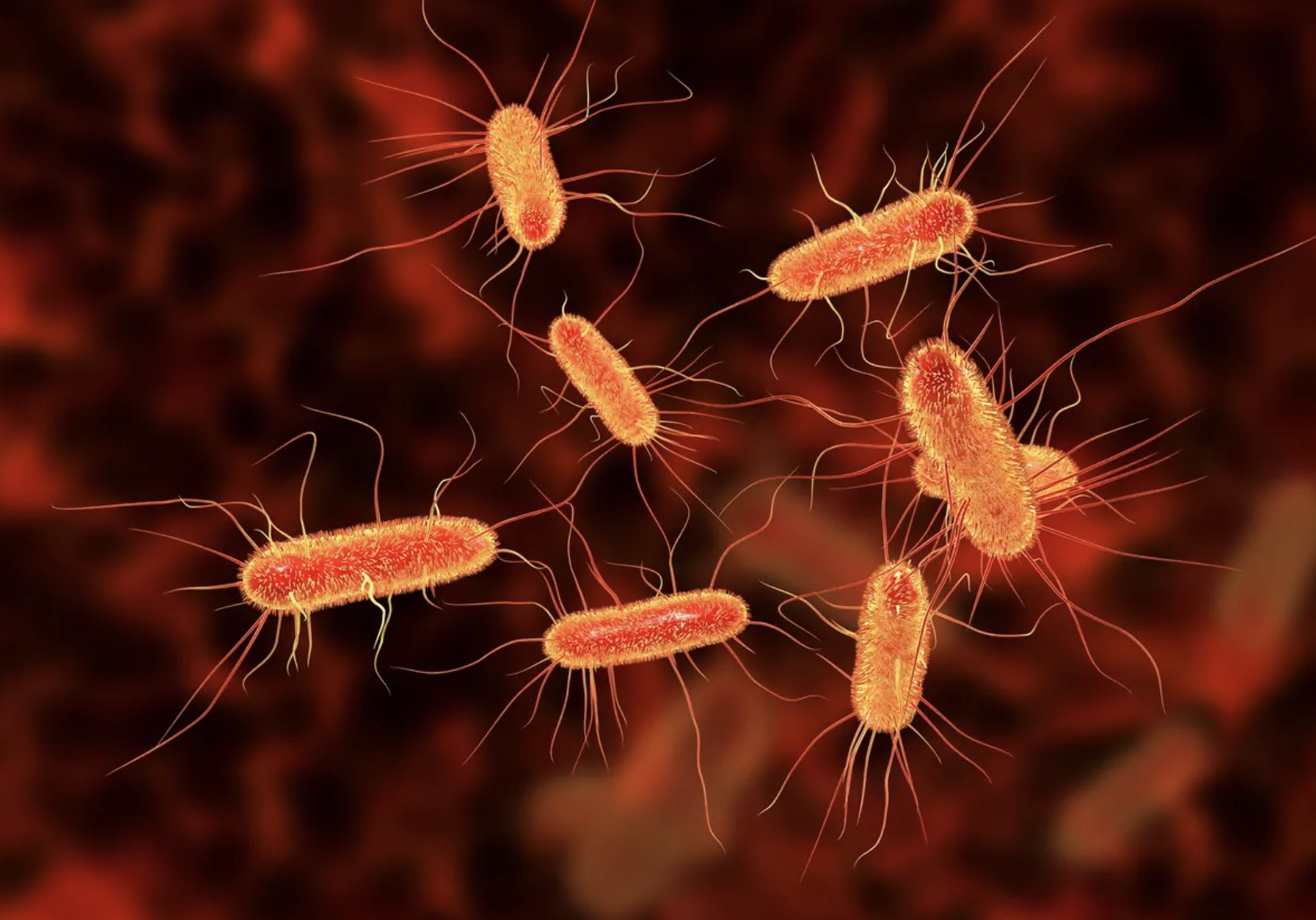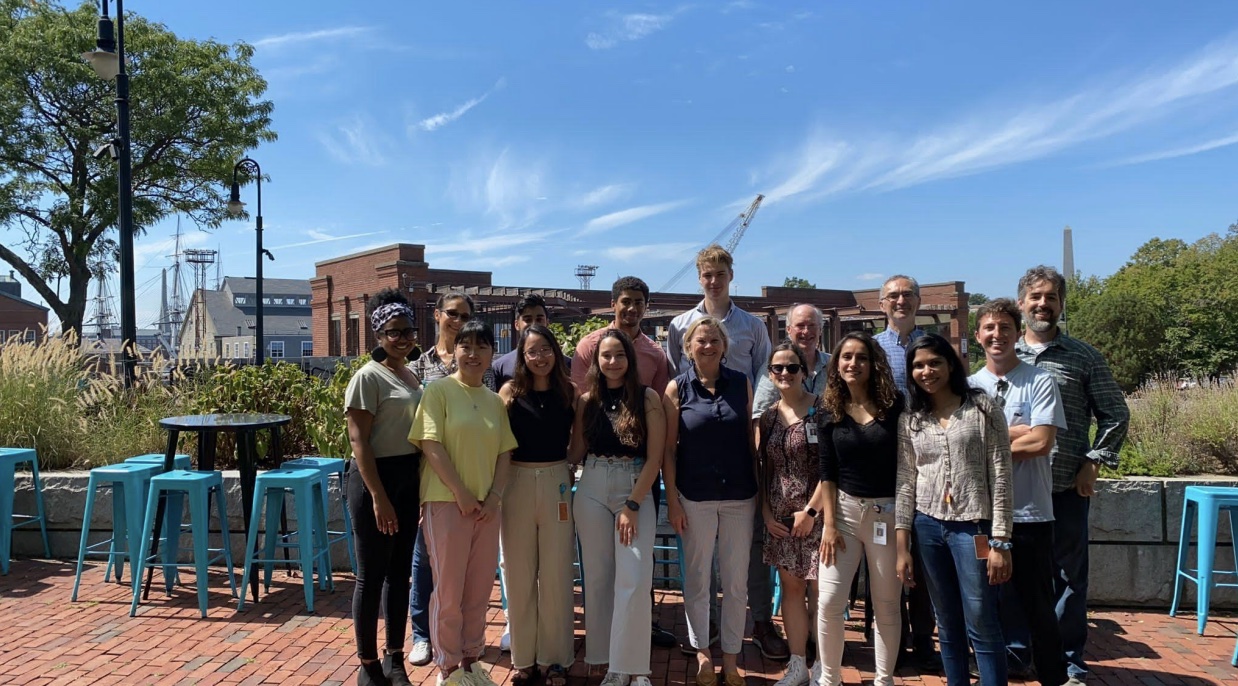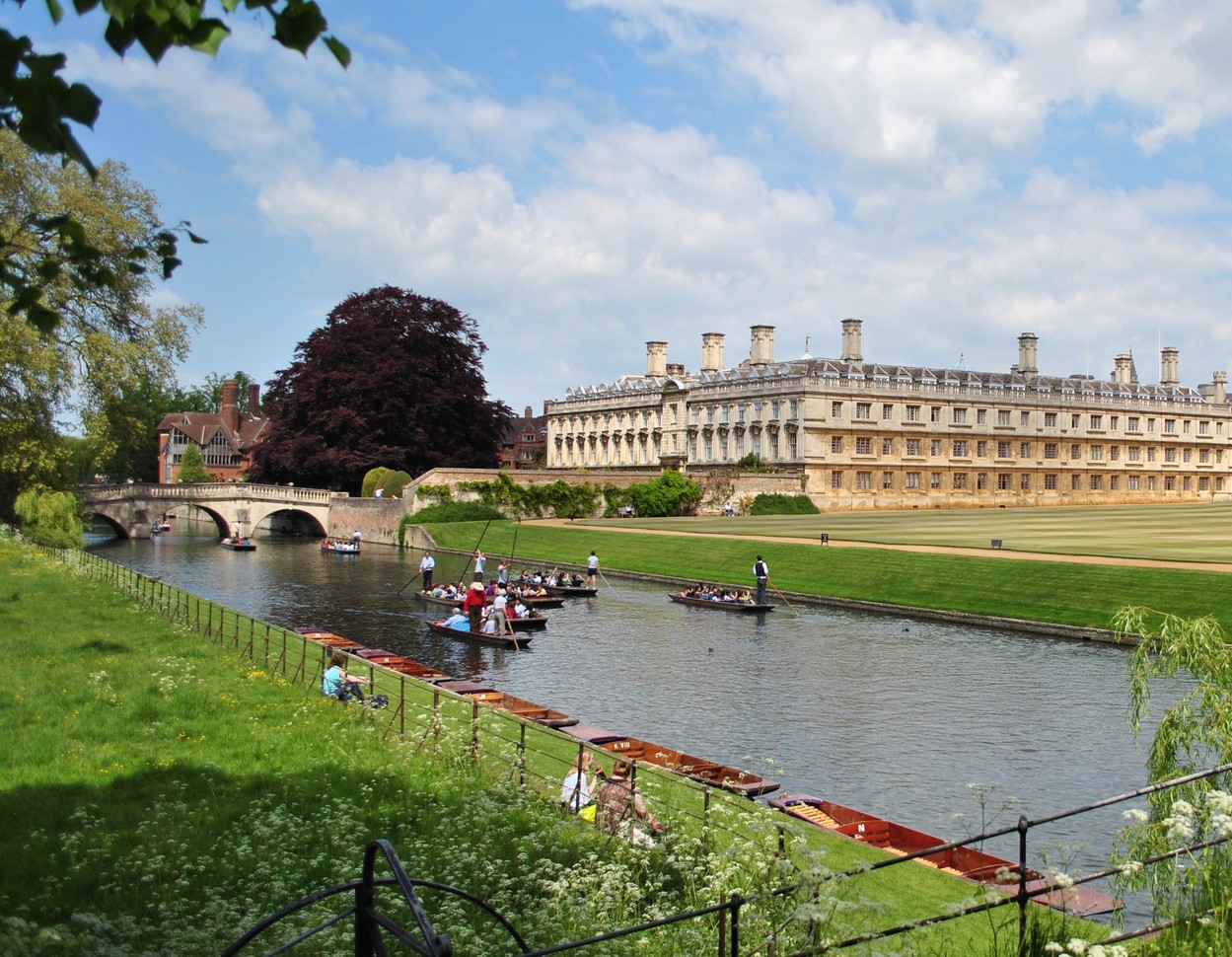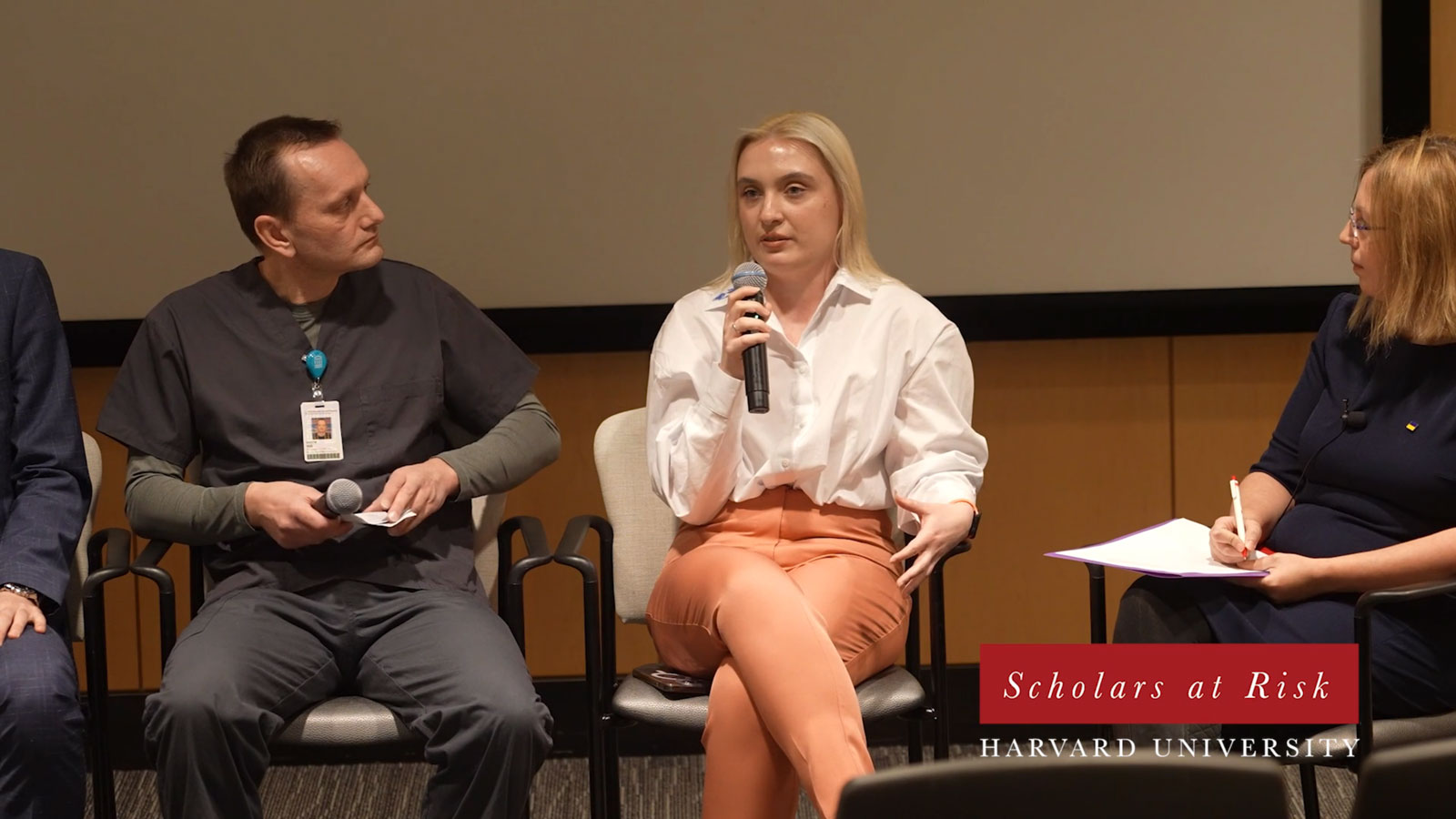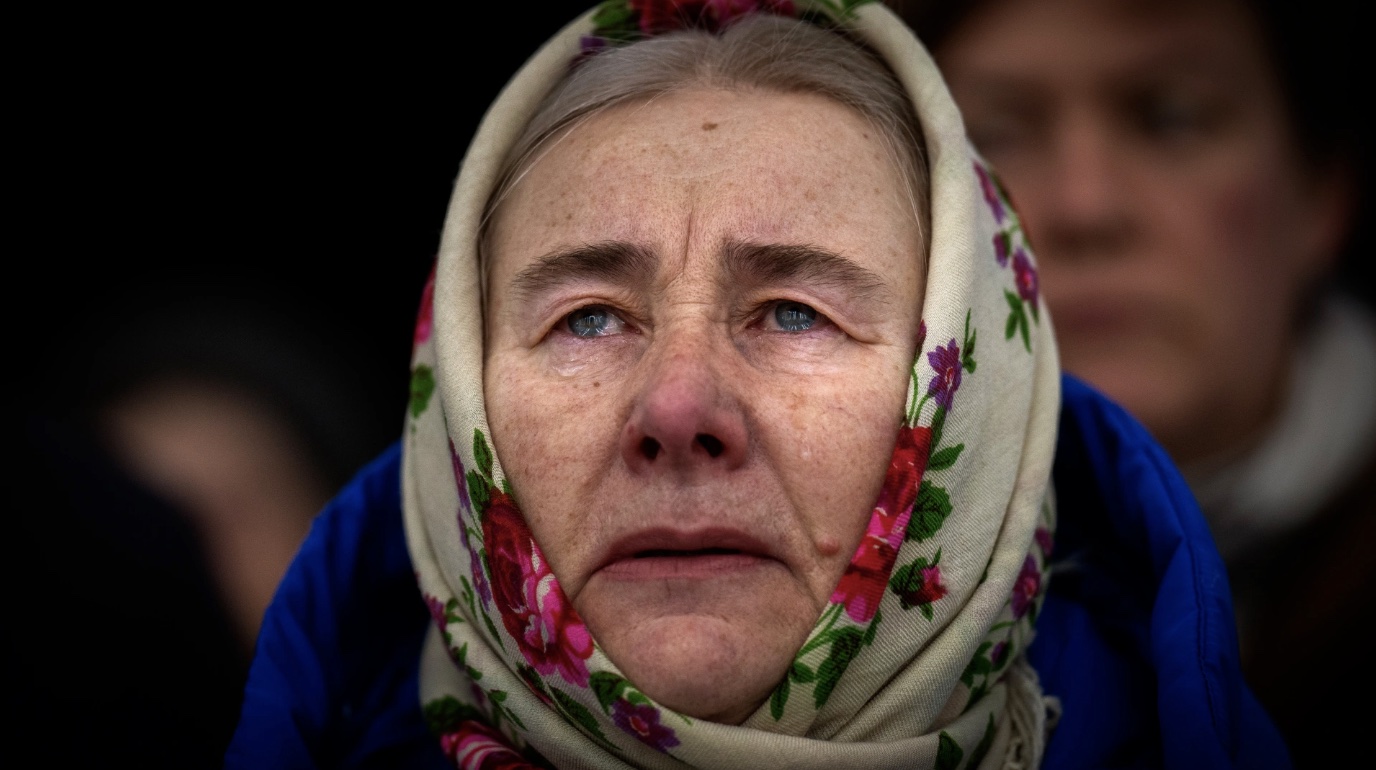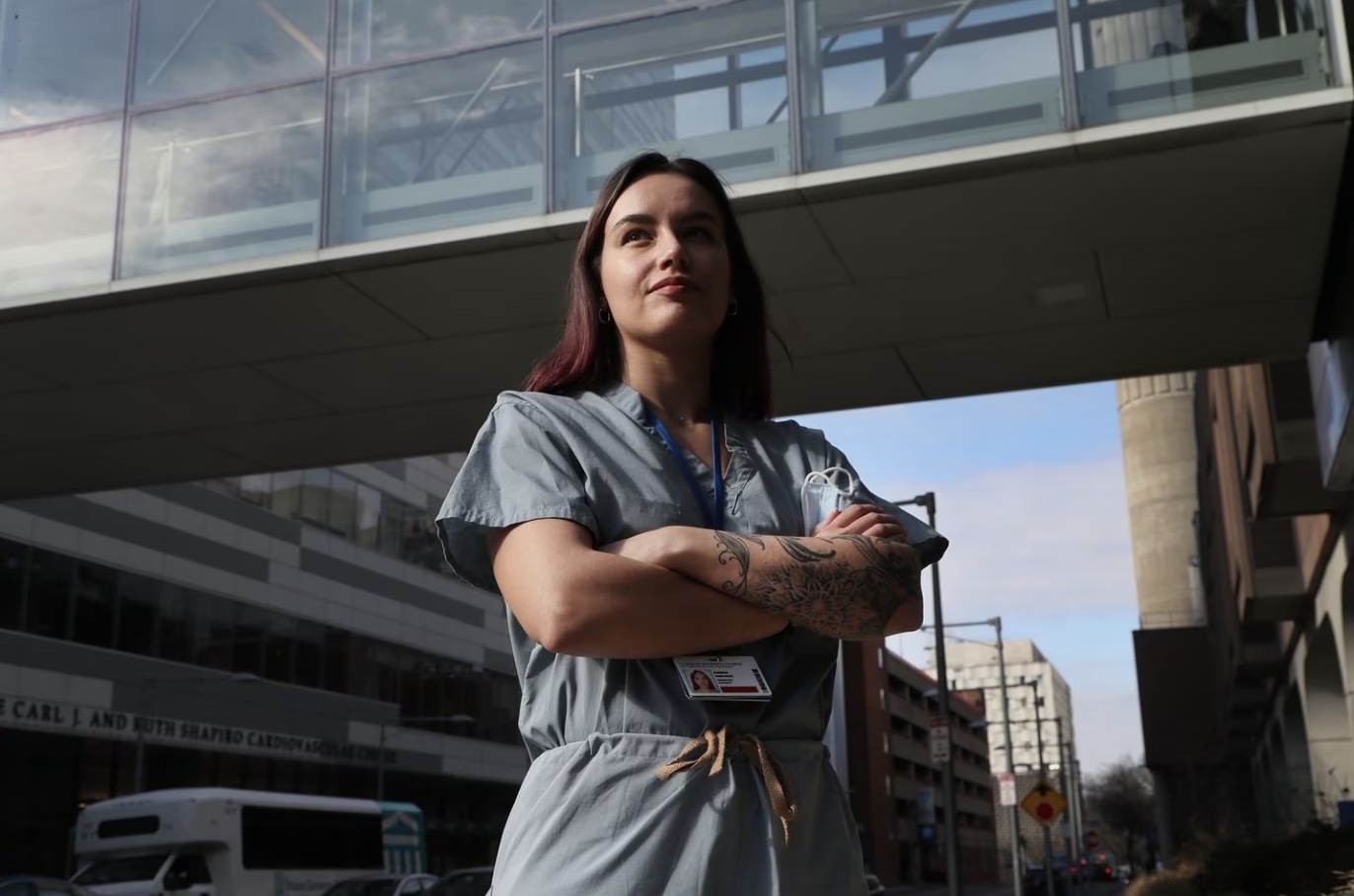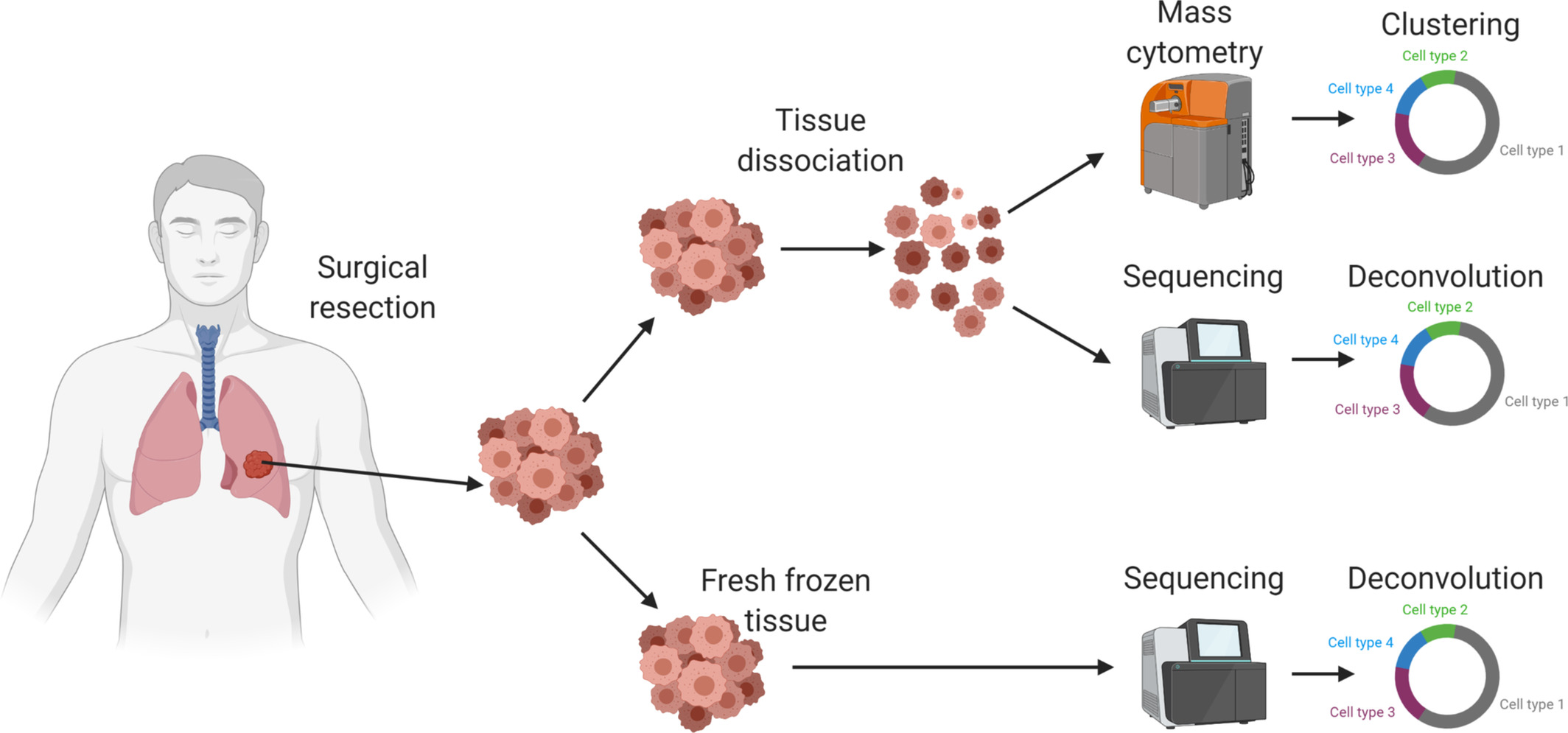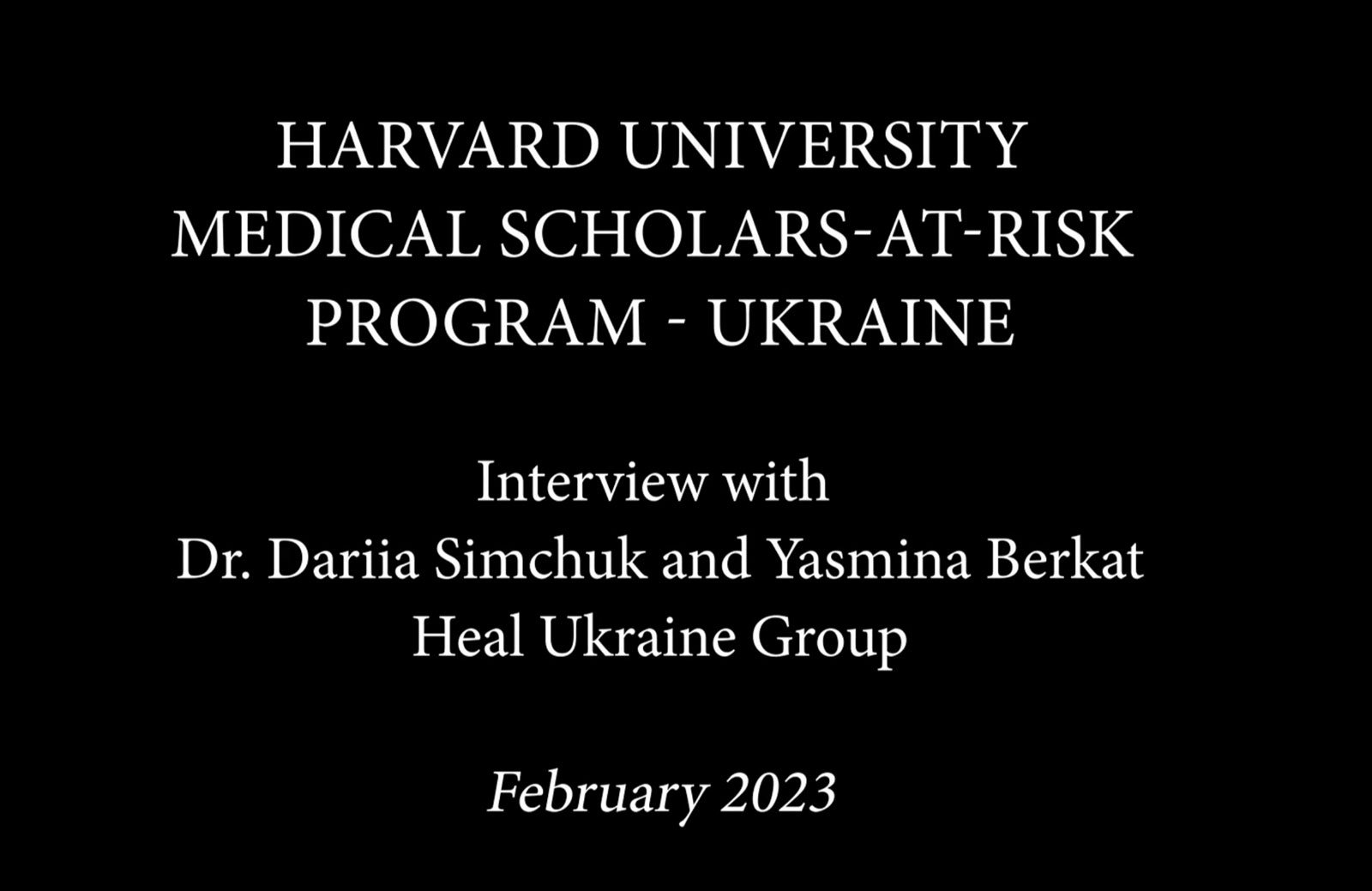Through expanding the targeting capabilities of chimeric antigen receptors (CARs) and synthetic Notch (synNotch) receptors, University of Pittsburgh researchers have developed a “universal” receptor system that allows T cells to recognize any cell surface target. Given the potential previously seen in engineered antigen receptors, and CARs being the most clinically advanced of these technologies, the team of researchers began investigating a method to gain additional control over CAR function. By engineering T cells with receptors bearing a universal “SNAPtag”, CARs bind to the common tag molecule fused to the antigen-specific antibody, instead of directly binding antigen targets. This new approach allows for great expansion to antigen targeting and shows great promise in using CARs against additional immune-related diseases and other types of cancer.
New Research Shows That Bacteria Get “Hangry,” Too
A swapped genetic code prevents viral infections and gene transfer
In a recent study published in Nature, researchers from Harvard Medical School report on a new E. coli strain resistant to viral infections but unable to release its modified genes, effectively reducing the risk of incorporating the modified genetic material into natural cells. How? Through swapping the genetic code of an E.coli strain via viral transfer RNAs (tRNAs). The team started with the synthetic bacterium Syn61?3, which has a reduced number of codons, previously generated in 2021 by UK researchers. After preliminary experimentation, it was found the original strain was susceptible to some bacteriophages and researchers decided to implement viral tRNAs as a mechanism to establish an artificial genetic code, hoping to make the Syn61?3 strain resistant to these bacteriophages. Through efficient codon reassignment and swapping of amino acids via viral tRNAs, the E. coli strain is resistant to viral infections as viral proteomes are mistranslated and is unable to release synthetic genetic information. This study provides a new concept for future applications beyond E. coli and greater commercial potential for synthetic organisms.
James Adeosun is a student at Clare College of the University of Cambridge who spent the summer working in the lab at VIC.
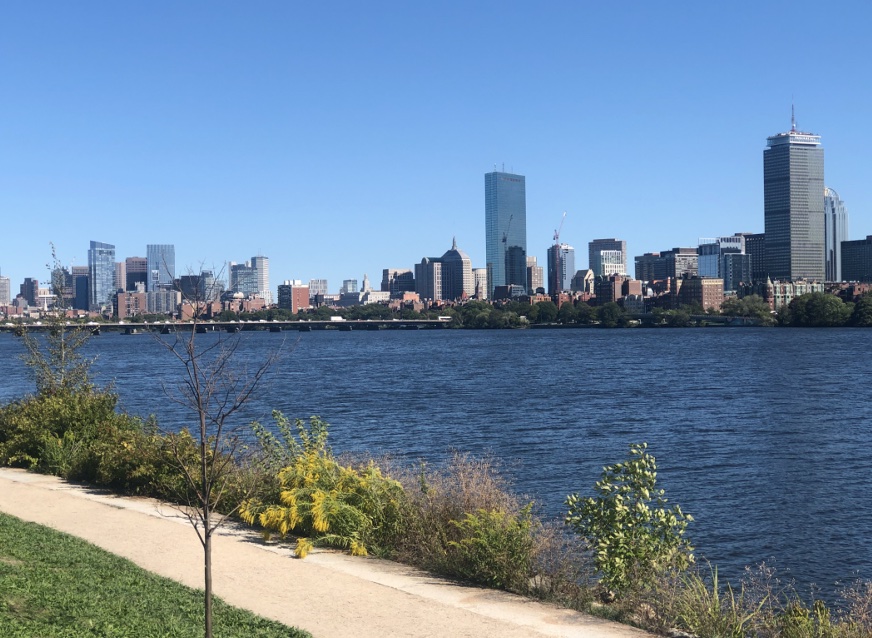
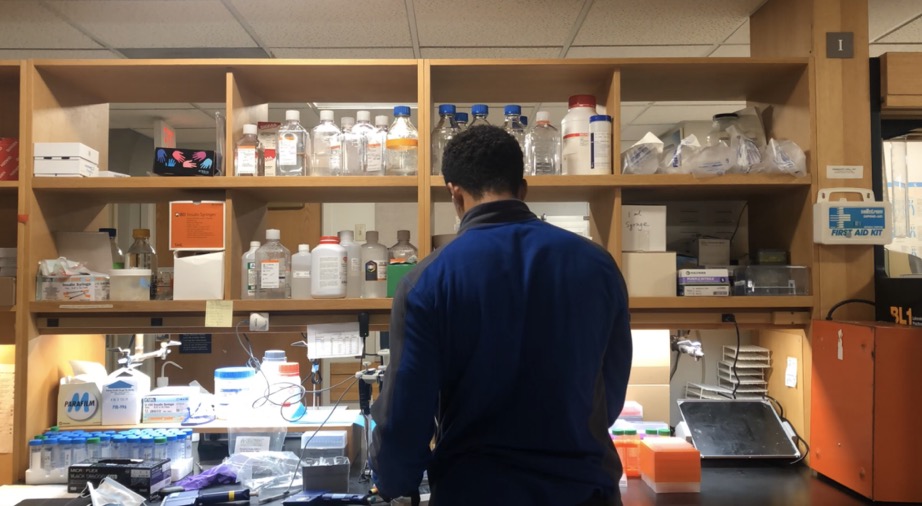
Celebrating the 20th Year of Annual Research Program at VIC for Clare College Students
Prof. Mark Poznansky is the Director of the Vaccine & Immunotherapy Center (VIC) at Massachusetts General Hospital and Harvard Medical School in Boston, which he founded to accelerate the discovery and development of new medical products for specific types of cancers, infectious and immune mediated diseases. One key part of VIC’s mission is the training of the next generation of innovators and scientists. Each summer Prof. Poznansky, who gained his PhD while at Clare College, provides stipendiary support for Natural Sciences or Medical students from Clare to spend 12 weeks at VIC under the supervision of a senior scientist. This annual program was initiated with the eminent Dr. Celia Duff at Clare and has been continued in a wonderful collaboration with Prof. Jason Carroll. While here at MGH, the Clare student receives extensive training in cutting edge experimental techniques and analysis of data and frequently gains coauthorship on publications ensuing from the original research conducted in the lab. Often times the selected Clare student has continued to be involved with the research remotely long after the completion of their studentship. Some Clare students requested to return for a second “tour of duty” at VIC the following summer. All the selected students from Clare College have been exceptional and many have gone on to successful careers in medicine and scientific research and report that the studentship changed their lives in pursuing a career in academia. We are now celebrating the 20th year of this very successful program that included former and current Clare students – from James Smith and Emma Anderton in 2002 and 2003 all the way to James Adeosun in 2022.
Ukrainian Fellows of the Harvard Scholars at Risk (SAR) Program Speak about Healthcare Challenges in Ukraine as War Continues
FEBRUARY 10TH, 2023, BOSTON, MA.
HOSTED BY: THE HARVARD SAR PROGRAM, HUG, AND GMKA, IN COLLABORATION WITH HARVARD MEDICAL SCHOOL AFFILIATED PHYSICIANS AND SCIENTISTS.
Ukrainian clinicians participating in the SAR program at MGH and BWH currently, discuss their work in healthcare in Ukraine, the needs of the country’s healthcare system and ongoing challenges.
Panel of Visiting Scholars:
Sofiya Hrechukh, MD Psychiatry; Lviv; BWH
Vadym Vus, MD Family Medicine; Rivne Oblast; MGH
Ali Dzhemiliev, MD General Surgery; Crimea/Kyiv; BWH
Veronika Patsko, MD Oncology; Kyiv; MGH
Moderators:
Mark C. Poznansky, MD, PhD
Director, Vaccine and Immunotherapy Center, MGH; HUG Co-Founder; Professor of Medicine, Harvard Medical School
Nelya Melnitchouk, MD, MsC
Colorectal Surgeon, BWH; Assistant Professor of Surgery, HMS;
President and Co-Founder, Global Medical Knowledge Alliance
gmka.org/
harvardscholarsatrisk.harvard.edu/
healukrainegroup.org/

